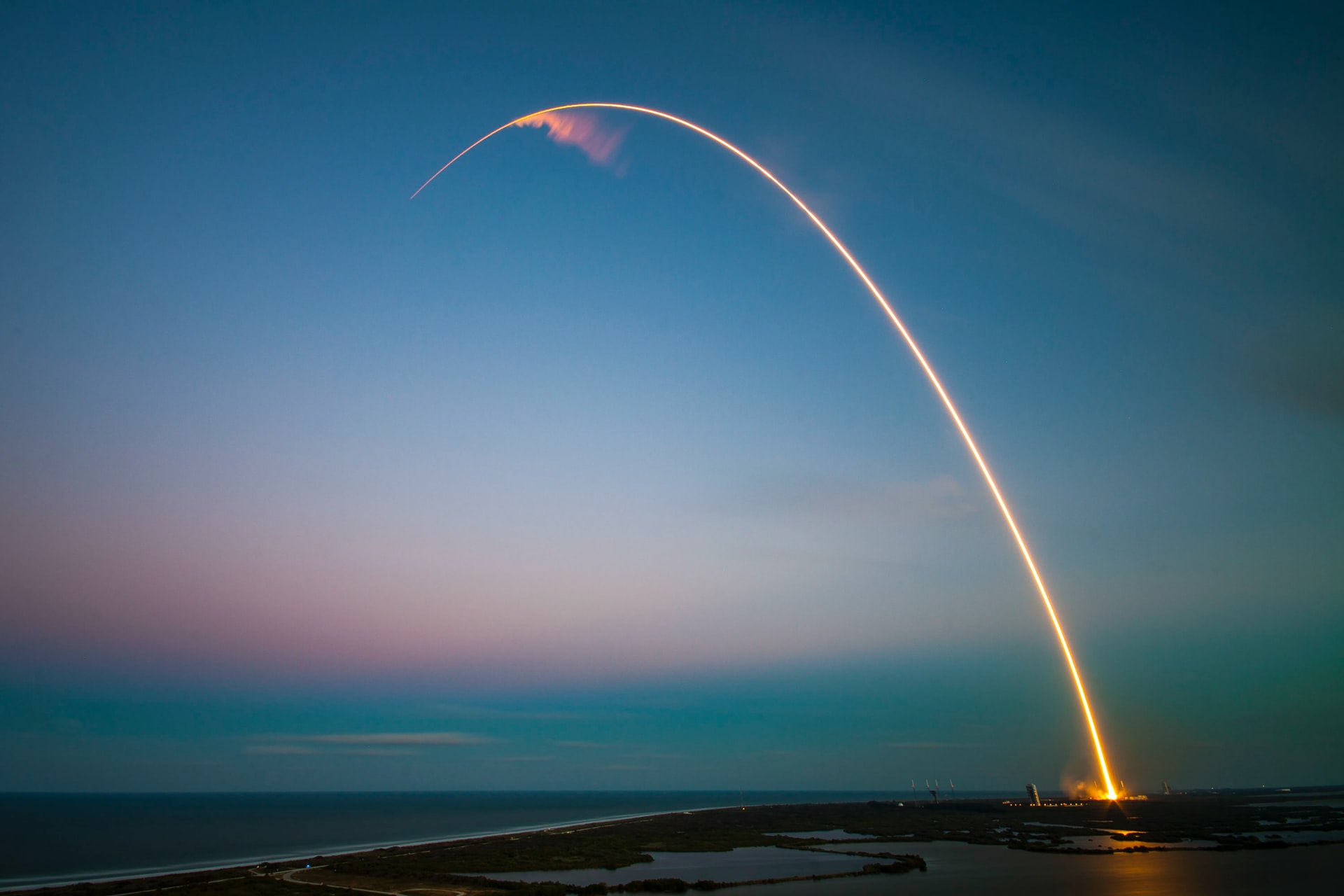To fill the gaps in human knowledge, scientists have to look everywhere.
In many ways, the recent discovery of a perfectly-preserved baby dinosaur- feathered and fully formed, still enclosed in its ancient eggshell- has much in common with NASA’s recent launch of the the James Webb Space Telescope.
On the surface, both may seem to have little to do with humanity’s practical concerns; with human societies and the many challenges we face in a changing world. The modern age in which we find ourselves is heir to all of humanity’s oldest challenges- disease, poverty, violence- plus a few novel new ones like exponential innovation and explosive population growth.
“Growing pains,” some might name the 20th century, now grown well into the 21st and still straining against every stay. Advancements in human achievement- fire, the hand axe, the invention of agriculture, the written word, the printing press, the internal combustion engine, splitting the atom, the internet, mapping the human genome- are hitting societies at a breathless pace.
It hasn’t been all antibiotics and indoor plumbing, either.
The hand axe was humanity’s crowning technological achievement for over 70,000 years of anatomical modernity. It was a rock sharpened on one side and shaped as to be held in the hand.
Useful, but it’s no supercomputer.
In our current enlightened age, with the newly acquired benefit of collective hindsight, we can see ourselves, our societies and histories, as never before. Hopefully, we can use this higher perspective to move humanity in a forward direction, without repeating too often the past mistakes which have doomed so many other thriving civilizations and resulted in the deaths of millions.
But there is still so much we don’t know, so many unanswered questions, so many gaps in our scientific knowledge. We still have plenty of problems in want of solving. Looking into every nook and crevice of the earth, under every stone, even in the most wildly improbable places- especially there- has driven humanity to the level of advancement so many of us currently enjoy.
Finding answers in deep space, or deep in the recesses of prehistoric life on earth may seem improbable, but every advancement mankind has ever made has seemed wildly improbable, even impossible- until someone did it.
Uranium, you say? Penicillin, you say? The telephone? Electricity? Airplanes? Fiber-optic cables? Wireless internet? Cell phones, anesthesiology, space travel, extracting energy-producing materials from ore deposits deep within the earth; it all sounded like absolute tommyrot until it didn’t.
It isn’t just humanity, either. All life on earth is wildly improbable, to say nothing of intelligent life. The odds against amino acids forming randomly into proteins to form the very building blocks of life are so astronomically high, any scientist around to postulate the theory would have been laughed right out of existence.
Humanity has many unanswered questions: About our origins, how we got so smart, why we’re the only species walking around with these big, magnificent brains of ours, why we sleep, why we die, the source of human consciousness, the missing links in the family tree of Homo Sapiens.
Occasionally, there is a breakthrough, a new individual is discovered, preserved in peat or ice or otherwise entered into the fossil record. The recent discovery of a new potential species of human ancestors researchers dubbed “Dragon Man” was one such.
The only reason human innovation has come as far as it has is our tendency to look in unexpected places, think in new ways, devise creative solutions to the problems presented by the natural world around us.
Science that concerns itself with merely the practical isn’t science; it’s economics. Had humanity confined itself purely to human economy, the world around us wouldn’t exist. We ourselves probably wouldn’t exist as it has been improbable breakthroughs in medicine which have prolonged our lives to the extent to which we currently enjoy.
Scientific inquiry, human curiosity cannot be hamstrung by requiring a predetermined destination in mind. Practical application is an end scientists can’t always see, and they shouldn’t want to. An open, curious nature; a flexible, creative mind has always been, and remains, humanity’s crowning achievement.
It is from this which everything else flows. As we develop a new awareness about the injustices of the world in which we currently live, nothing can be allowed to stop humanity from striving for a better tomorrow.
(contributing writer, Brooke Bell)
